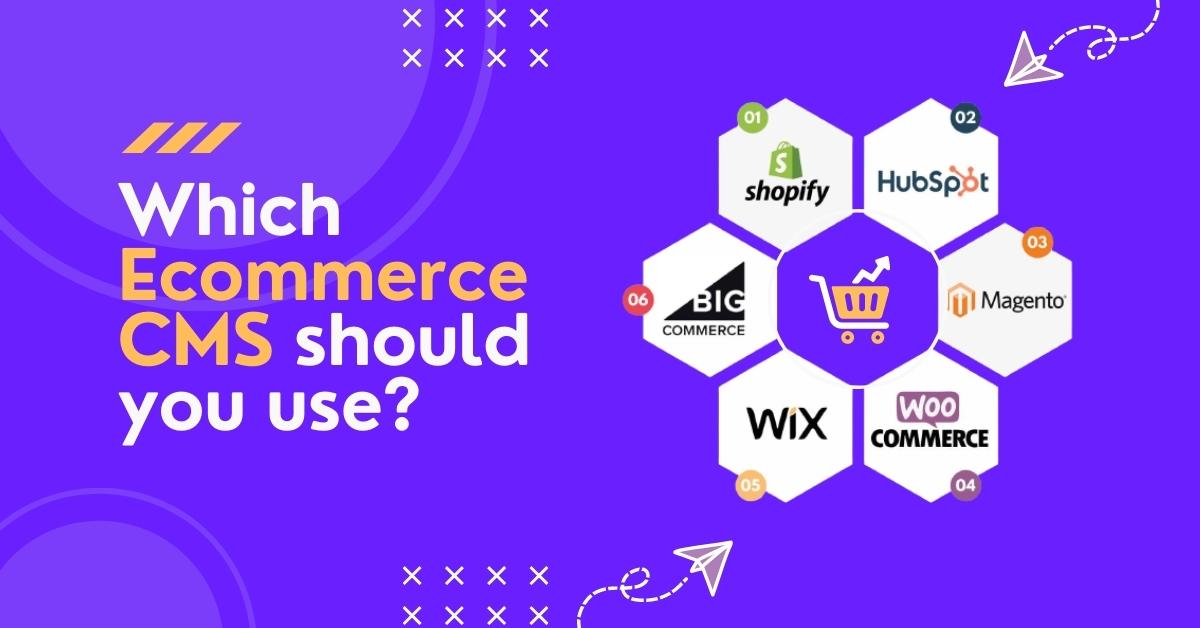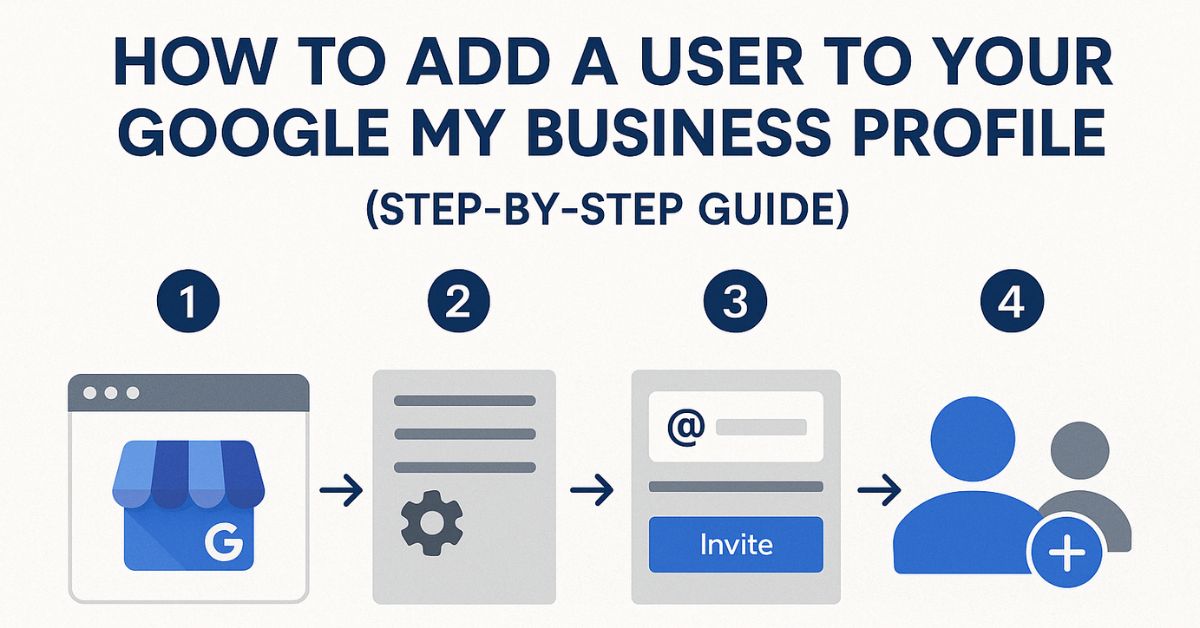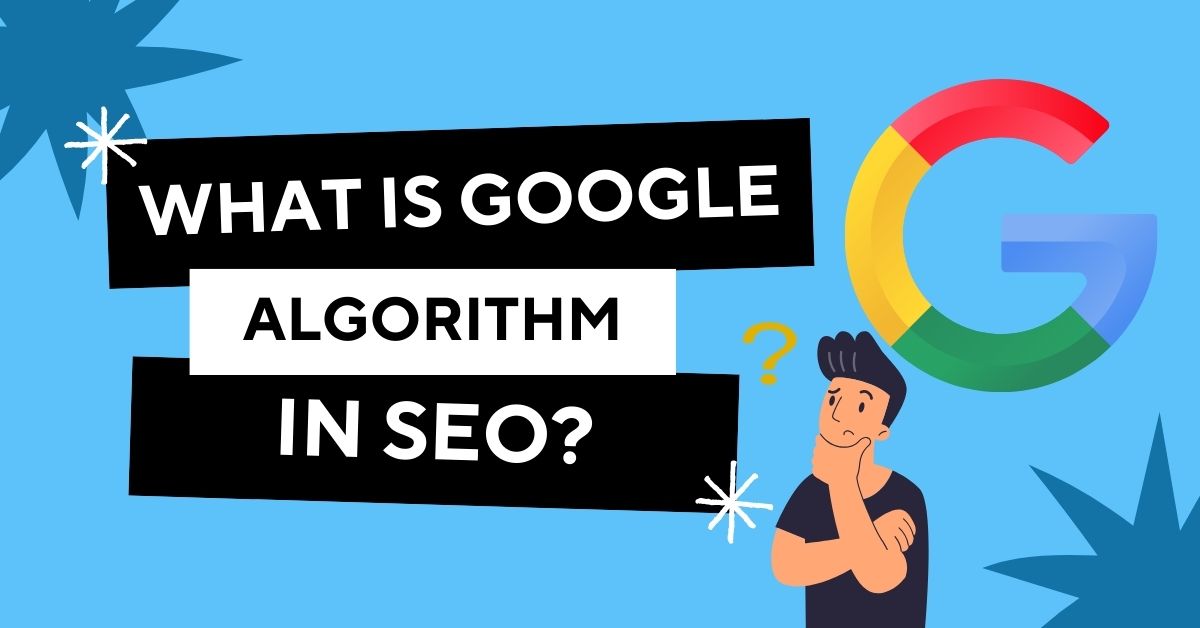
“A solid CMS simplifies Ecommerce store management. You can sell your stuff instead of spending hours on tedious and rather technical hassles that come with other forms of web development.”
- Introduction
- 5 Best Ecommerce CMS Solutions for Your Business
- How to Choose a Suitable CMS for Business?
- The Bottom Line
Ecommerce CMS solutions let you edit your online store without coding. Small business owners who need tech-savvy to build a website love them. You can still be creative and build a website using a CMS platform.
Understanding the pros and cons of each CMS platform with web development in Auckland can help you choose one for your online store.
Let’s explore the top 5 Ecommerce CMS to identify the best suits your requirements.
5 Best Ecommerce CMS Solutions for Your Business
Shopify
Shopify is a dedicated Ecommerce CMS platform that provides a comprehensive solution for online stores. It offers a user-friendly interface and a robust set of features tailored specifically for SEO operations. One of its notable advantages is the convenience it offers by providing web hosting services, eliminating the need for separate domain registration and hosting.
Notable features:
- You can brand your domain name.
- Easily integrates desktop, mobile, and in-store sales to reach customers across channels.
- Provides an easy-to-use order management system.
- Sets up gift cards, discounts, and coupons to retain customers.
- Easy contact form creation and integration improves customer communication.
- Store owners can track sales and operations with a convenient mobile app.
Pros:
- User-friendly interface makes store management easy.
- The App Store has a large selection of free and paid extensions.
- Reliable, easy-to-use payment systems ensure smooth transactions.
Cons:
- Third-party payments incur transaction fees.
- Most platform themes cost money.
- Some features require App Store installation.
WordPress
WordPress is a versatile CMS that stands out as a popular choice for Ecommerce websites and various other types of web pages. Approximately 28% of all Ecommerce websites utilise WordPress as their content management system.
With a WordPress web development company, one of the significant advantages you can get is its open-source nature, meaning it can be used free of charge.
Notable features:
- Availability of diverse Ecommerce plugins
- Seamless integration with various payment gateways
- Easy publication of written and video content
- Extensive selection of free and paid themes
- Integration of social media accounts
- Numerous free SEO extensions
Pros:
- Free and open-source Ecommerce platform
- Customisation options for creating a unique store design
- Abundance of plugins available for enhanced functionality
Cons:
- Requires separate hosting arrangements
- Limited technical support since WordPress is a free platform
BigCommerce
BigCommerce is a Software-as-a-Service (SaaS) Ecommerce platform that aids online business owners in setting up, running, and maintaining their websites.
The standout feature of BigCommerce is its powerful and highly flexible website editor, which allows users to edit HTML and CSS code and utilise customisable templates.
Notable features:
- Web hosting services provided by BigCommerce
- Integration with third-party apps and plugins
- Easy-to-use website builder
- Strong support for blogging
- Selection of 12 basic templates
- Compatibility with PayPal and other online payment gateways
- Development services available for enterprise clients
Pros:
- User-friendly Ecommerce website builder
- SEO template customisation and other features to enhance search traffic
Cons:
- Not an open-source Ecommerce solution; accessing all features can be expensive
- Additional charges for exceeding certain sales thresholds
Magento
Magento is renowned as the leading open-source Ecommerce platform. Built on PHP, it offers a user-friendly environment for building online businesses. It caters to businesses of all sizes & provides features suitable for B2B, Omnichannel, and Mobile Commerce. If you already have Magento, you can make the most of your website with custom Ecommerce development services.
Notable features:
- Simple drag-and-drop functionality for building Ecommerce websites
- Personalisation options for content and promotions
- Convenient content creation, preview, and scheduling
- Responsive and SEO-optimised built-in themes for various devices
- Integration with B2B functionality
- Centralised management of data from multiple sources
- Support for multichannel marketing
Pros:
- Powerful and feature-rich platform
- SEO-friendly and fast-loading websites
- Extensive customisation options
- Advanced reporting features for comprehensive business insights
Cons:
- Complexity may pose challenges for non-technical users.
- Higher pricing compared to other platforms.
- Additional hosting requirements for Magento websites
WooCommerce
WooCommerce has emerged as a central Ecommerce platform, capturing a significant market share among Ecommerce technologies. According to a study, WooCommerce is used by 22% of the top 1 million Ecommerce stores.
This burgeoning growth of WooCommerce can be credited to its simplicity, compatibility with WordPress, and extensive collection of free and paid extensions.
Notable features:
- Easy setup of online stores
- Flexible and secure payment options, including major credit cards and payment gateways
- Order management through a modern and organised interface
- Availability of mobile apps for iOS & Android platforms
- Wide range of extensions for store enhancements, marketing integrations, multichannel capabilities, & point of sale
- Effortless management of product categories
Pros:
- User-friendly compared to other complex CMS solutions
- Customisable themes to suit individual preferences
- SEO-friendly platform
- Full control over the content
Cons:
- Requires users to possess knowledge of both WordPress and WooCommerce for effective administration
- Separate hosting and domain expenses
- Occasional compatibility issues with WordPress updates
- Limited compatibility with WordPress themes
How to Choose a Suitable CMS for Business?
Wrapping your head around all the Ecommerce CMS options available can be confusing, but it all boils down to what will augur well for your business for the long term.
Small to medium-sized businesses can use Shopify because it is user-friendly. Customisation and flexibility are available for current WordPress sites when using WooCommerce. BigCommerce scales well and has features built in for expanding businesses.
Large businesses with technical know-how can benefit from Magento’s flexibility and power. For small to medium-sized businesses, WooCommerce’s seamless WordPress integration is ideal. To choose the CMS that best meets your Ecommerce needs, you will need to consider business size, growth plans, customisation needs, and technical expertise. Whatever you may land upon, just make sure you hire a reliable web developer or a custom web development agency.
The Bottom Line
Selecting an Ecommerce CMS can make or break your online store. Consider simplicity of use, customisation, scalability, and business demands. You can choose the best CMS by researching its pros and cons.
The Tech Tales Ltd. is one of the leading Ecommerce CMS development companies in Auckland and understands the importance of choosing a suitable Ecommerce that performs.
Let an expert WordPress web development company take charge of your development woes. We’re experienced web architects that can help build custom, unique digital solutions for your business, no matter the industry, nature or size of your business. Contact us today for further assistance!





